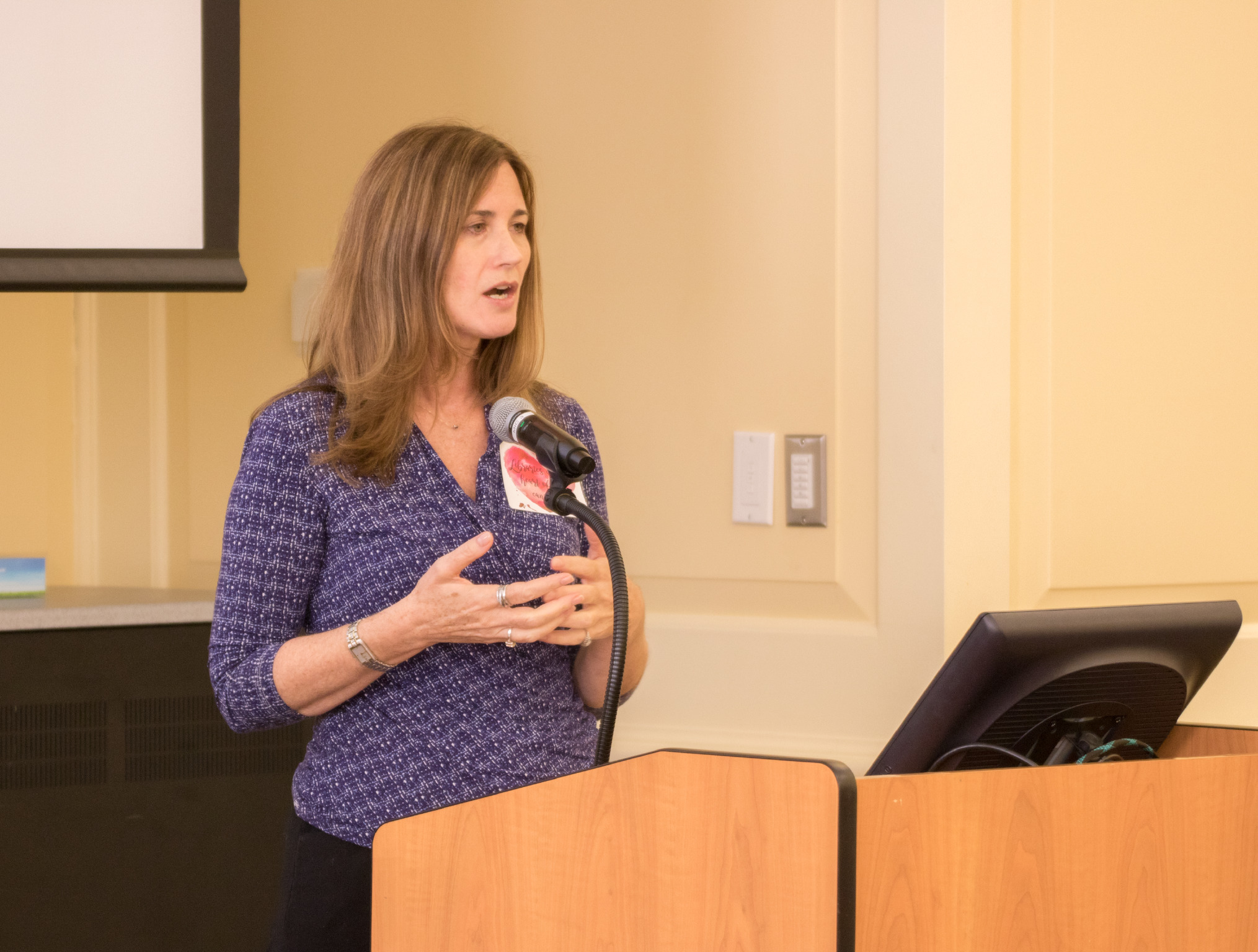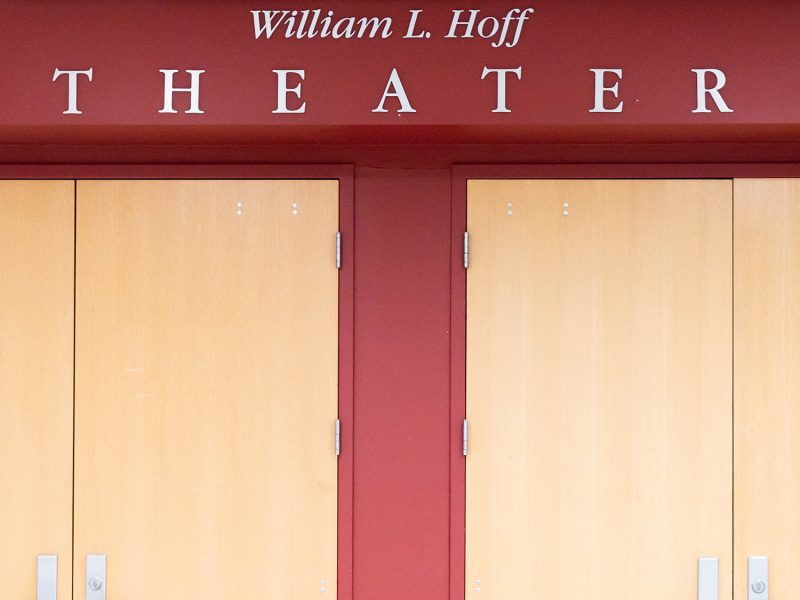Views expressed in opinion columns are the author’s own.
In the midst of the PR firestorm currently embroiling our university, it’s easy to lose sight of lower level scandals. But many of these scandals are indicative of greater institutional shortcomings, and it is important not to forget them in the face of larger issues.
In 2017, then-athletic director Kevin Anderson used $15,000 of athletic fund money to hire a lawyer for two football players accused of sexual misconduct. While this action did not outright breach NCAA bylaws, it represented a departure from the school’s “commitment to a fair and impartial handling of all such matters,” according to a statement released by the university last month. Anderson has since resigned amidst a career wrought with scandal.
Beyond Anderson’s action being a clear violation of policy, it’s a slap in the face for victims of sexual assault. The criminal justice system in the U.S. is already poorly equipped to convict perpetrators of sexual assault, and victims often face intense questioning that may cause additional trauma. Although it is becoming more common, sexual assault survivors often do not report their attacker for fear of social repercussions and safety concerns, with about ⅔ of rapes going unreported. They rarely — if ever — have support on par with the financial and institutional backing of a Big Ten athletic department. They may not even have an appropriate place at the university to report their attack right now.
This university’s primary point of contact for sexual assault cases, the Office of Civil Rights & Sexual Misconduct, has been struggling with recent administrative shake ups that have left the office a shell of itself. Former lead investigator Josh Bronson resigned in 2017, and the founding director, Catherine Carroll, departed soon after him in August 2018. Both Bronson and Carroll were vocally critical of the university’s lack of support for the OCRSM, citing insufficient staffing and funding to effectively carry out their work. Three more staff members from the office will depart by early October, leaving only four employees.
In the interim, the office is being co-directed by Andrea Goodwin, the director of the Office of Student Conduct, and Steve Petkas, the director of Resident Life. While they are qualified leaders in their own fields, they are still responsible for their primary duties, which will likely leave the office stretched thin and potentially less equipped to do its vitally important work. Unfortunately, these problems aren’t especially new.
Carroll said the office had been operating at an “under-resourced, under-staffed rate” since its founding in 2014 following the establishment of stricter Title IX guidelines by the Obama administration. The new provisions attempted to establish clear guidelines for reporting and addressing sexual assault allegations to streamline the bureaucratic and often traumatic process college rape victims have to go through to obtain justice. Education Secretary Betsy DeVos is now planning to roll back those guidelines in favor of increased rights for those accused of sexual assault, a narrowed definition of sexual assault, and would only require university action if the alleged assault had occurred on campus.
While DeVos’ proposed rollbacks are a major blow to advocates for sexual assault survivors, they still require a Title IX office dedicated to the handling of sexual assault cases. And right now, the university essentially doesn’t have one.
If the university is to remain a safe environment for sexual assault survivors and populations that are vulnerable to sexual assault, there must be a robust and well-funded Title IX office that has full university support. Without one, the university is not only opening itself up to liability, it’s sending a message that sexual assault prevention is not a priority.
The near-dissolution of the OCRSM can be a turning point. What has been a troubled office from its creation can be an opportunity for the university administration to reaffirm its dedication to the prevention of sexual assault and the protection of sexual assault survivors. Sexual assault is all too often a hidden crime, and if there aren’t safe, confidential, and well-equipped channels through which survivors can seek assistance and justice, the university is not keeping its students safe. In the face of proposed rollbacks of Title IX provisions, University of Maryland needs to be a leader in combating sexual assault in its community. To do this, the OCRSM needs to be a higher priority.
Emily Maurer is a junior environmental policy major. She can be reached at emrosma@gmail.com.



